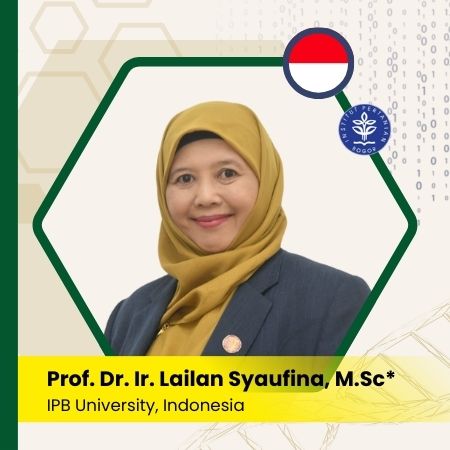Biodiesel Production from Kapok (Ceiba Pentandra) Oil Using Sonication Transesterification
Keywords:
Biodiesel, Ceiba Pentandra, UltrasonicAbstract
The high fatty acid content and non-edible nature of kapok (Ceiba Pentandra) oil make it a promising raw material for biodiesel production. However, the traditional transesterification process involves long durations and high energy consumption, necessitating a more efficient method. Sonication, using ultrasonic waves at 20-40kHz, is a leading method that reduces transesterification duration from hours to minutes. It induces cavitation, the formation and collapse of microbubbles, raising the temperature of the reaction environment and accelerating the transesterification reaction. The purpose of this research is to study the transesterification of kapok oil into biodiesel using sonication. The results showed that the biodiesel produced had a viscosity value of 5.6-5.9 cSt, which is still below the maximum value of SNI. The density value is in the range of 913.533 to 951.43 Kg/m3, this value still exceeds the SNI value of 890 Kg.m3. Both parameters were measured at 25oC which should be 40oC based on SNI. The viscosity and density values will decrease as the measurement temperature increases. The highest yield value was produced at 2 min sonication time, 65.7%, while the lowest yield value was produced at 6 min, 53.3%.





























